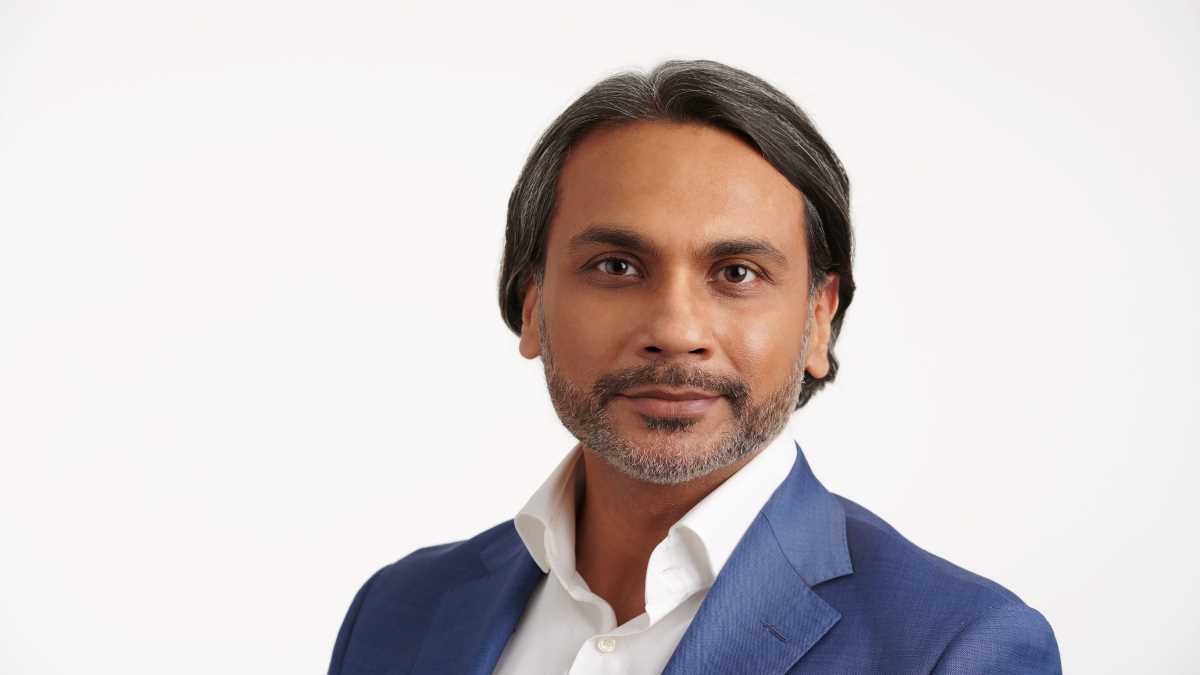The technology that is required from a rural connectivity perspective is largely focused around 2G, 3G and 4G that can be evolved smoothly to 5G
SALÉ, Morocco, August 17, 2022/APO Group/ —
By Danial Mausoof, Head of Mobile Networks Sales and Solutioning for Middle East and Africa at Nokia (www.Nokia.com).
With 60% of the African population residing in rural areas, there is an enormous opportunity to connect people in rural communities and villages. In Morocco, a third of the population lives in rural areas, and there is still a need to connect more communities to move the country onto the cutting edge of digital technology and in support of the National Broadband Plan, which aims to provide the entire population with fixed or mobile broadband by the end of 2022.
Reducing the cost of rural connectivity
When it comes to rural connectivity, one of the biggest obstacles is the associated cost. At Nokia we create the technology for the world to act together and that is why we have developed these solutions that lower operators’ total cost of ownership, so that they can get a better return on investment (ROI) around rural connectivity. As more operators take advantage of these solutions to connect rural communities, they will also benefit from driving down their costs.
There are several layers of technology involved in connectivity. The technology that is required from a rural connectivity perspective is largely focused around 2G, 3G and 4G that can be evolved smoothly to 5G, thanks to the introduction of lean and compact Baseband and RF in Nokia portfolio. The solution can work across those technologies at the lowest power consumption level. That is one element of the cost of connectivity that we are addressing through our new technologies. Another challenge lies in how you build the power system around the solution to improve the overall TCO.
At Nokia we create the technology for the world to act together and that is why we have developed these solutions that lower operators’ total cost of ownership
The Nokia rural solution relies on unique innovative breakthroughs such as 3 sectors RF modules and native compact outdoor baseband that deliver the leanest solution (2G to 5G) in the market in term of weight and footprint. Moreover, Nokia solution is enabled with robust security measures to ensure service continuity and protecting the assets of service providers.
Off grid power solutions for rural connectivity
We have developed off grid power solutions that reduce the total consumption through using the latest batteries and solar technologies to drive down the cost for the operator and improve their ROI. Off grid power solutions for rural connectivity in Africa will become a game changer by lowering the cost of building rural infrastructure and ensuring that operators can maximise their return on investment, as well as overcoming challenges around electrification. Aside from the radio aspect, the solution includes non-line-of-sight wireless backhaul technology rather than satellite and then we look at how we’re going to use efficiency, across managing the OPEX better through using batteries, solar and off grid solutions, and then ultimately allowing the operator to manage the radio part as well as the off grid part through a remote management system, allowing us to provide one comprehensive solution to operators looking at investing in rural connectivity.
Universal Services Fund (USF) agreements will also continue to play a fundamental role across the content as countries race to connect the unconnected and ensure that no-one gets left behind, while continuing to digitalise and embrace the Fourth Industrial Revolution (4IR) and beyond.
Beyond rural connectivity
The rural solutions a part of an extensive portfolio Nokia offers, and we collaborate closely with all major operators and government initiatives in Africa that bridge the digital divide. The reason why we are focusing on rural in Africa is because we believe this gives the first right of connectivity to people. There is also a massive shift to urbanisation on the continent, therefore alongside the rural solutions we also focus on building more extensive 4G coverage and evolving that to 5G as well. Nokia has been a collaborator with operators across Africa for special events where we are able to optimise networks to be high performing and resilient towards the demand; a recent example would be the Africa cup in Cameroun.
Collaboration between industry, regulators and other players will, however, be key in ensuring that the African continent accelerates transformation and drives digital inclusion for all.
Distributed by APO Group on behalf of Nokia.
